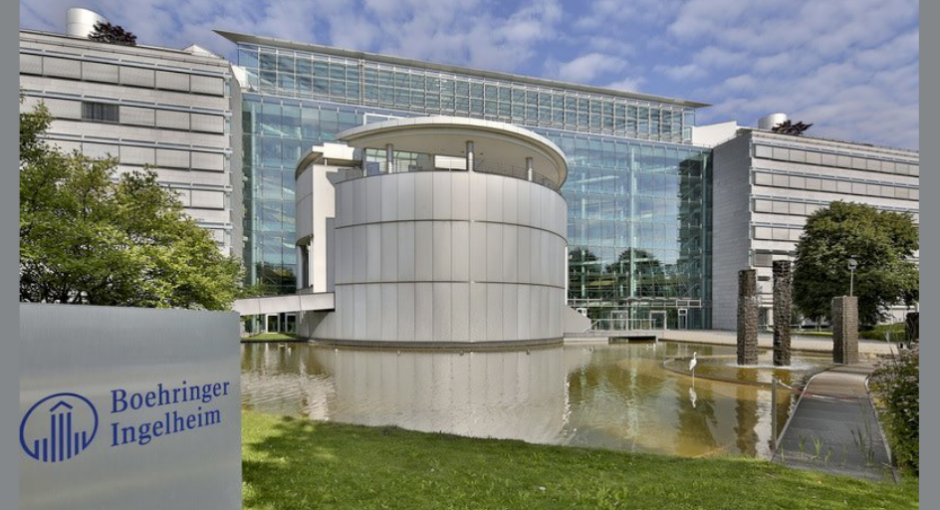The U.S. Health Resources and Services Administration (HRSA) today turned the screws tighter on Boehringer Ingelheim (BI) over its “continued failure to provide the 340B price to covered entities utilizing contract pharmacies.”
HRSA told BI in a March 29 letter that it was referring the issue to the U.S. Health and Human Services Department (HHS) Office of Inspector General (OIG) for possible imposition of civil monetary penalties (CMPs) “given BI’s continued refusal to comply” with a 340B program violation letter that HRSA sent it on Oct. 4, 2021.
HRSA Office of Pharmacy Affairs (OPA) Director Emeka Egwim signed the letter. Egwim, a lieutenant commander in the U.S. Public Health Service, was appointed to the position just last month. It was his first major public act on a 340B program matter.
On Aug. 1, 2021, BI began denying 340B pricing to hospitals on most of its drugs for bill to/ship to orders involving contract pharmacies. Grantee covered entities are exempt. Hospitals without an in-house pharmacy can designate a single contract pharmacy to receive and dispense BI products.
HRSA told BI in October that its 340B contract pharmacy was illegal and had to stop or BI could face CMPs. BI sued HRSA over its violation letter later that same month. Proceedings have been stayed pending resolution of Novartis and United Therapeutics’ related lawsuits against the government in defense of their conditions on the 340B contract pharmacy program.
The judge assigned to BI’s case is the same one who in November struck down and vacated HRSA’s 340B program violation letters to Novartis and UT. The government is appealing the judge’s decision.
A BI spokesperson said this afternoon that HRSA’s decision to refer the company to OIG for possible imposition of CMPs “is entirely unwarranted and at odds with recent rulings in federal courts.”
“The federal judge presiding over a lawsuit regarding our policy has already ruled in a similar case that contrary to HRSA’s position, the 340B law does not require manufacturers to provide 340B discounted drugs to an unlimited number of contract pharmacies,” BI representative Belinda Martin said. “We remain steadfast in our commitment to maintain and strengthen our mission for patients today, tomorrow and into the future.”
In September, HRSA referred drug makers AstraZeneca, Lilly, Novartis, Novo Nordisk, Sanofi, and UT to OIG for possible imposition of CMPs over those companies’ 340B contract pharmacy limitations.
Until today, that batch of letters was the last public enforcement action HRSA took against drugs companies that have imposed 340B contract pharmacy restrictions.
AstraZeneca, Lilly, Novartis, Novo Nordisk, Sanofi, UT, and BI were the first seven companies to adopt such policies. Johnson & Johnson last week became the 16th to do so.


